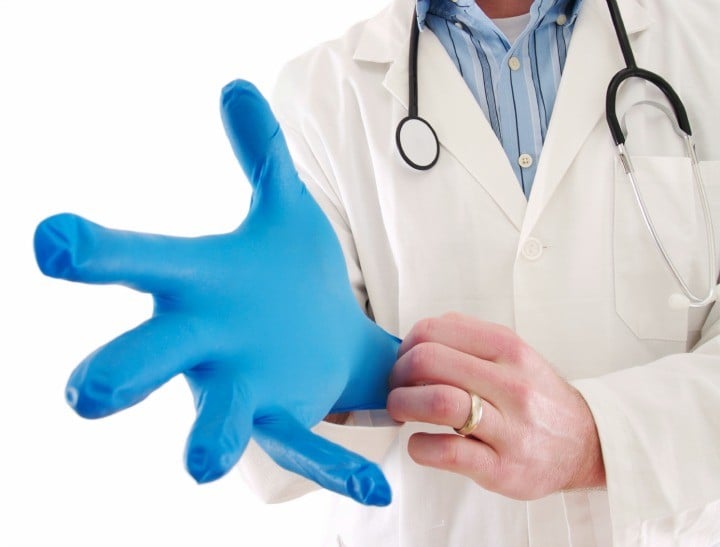
That’s right, no more awkward trips to the doctor’s for some lucky women.
A healthcare change that will see women who usually avoid pap smears able to test themselves from home will likely lead to a reduction in cervical cancer, experts say.
Each year, about 700 cases of cervical cancer are diagnosed nationally and more than 200 Australian women die from the disease.
Women who don’t normally get pap smears – including indigenous women, victims of sexual abuse and those who avoid the test for cultural or religious reasons – have the highest rates of cervical cancer.
These are the women who, from 2017, will be able to collect their own tissue samples in world-first changes to the country’s screening program, Fairfax Media reports.
The Royal Australian and New Zealand College of Obstetricians and Gynaecologists vice president Dr Vijay Roach told Mamamia the changes would likely reduce the rate of cervical cancer because they targeted groups of high-risk women.
“Given that the cervical screening program has been so effective in reducing cancer in the general population it is probable that capturing previously unscreened women will lead to an overall reduction in the incidence of cervical cancer,” he said.
Dr Roach said women avoided pap smears for a variety of reasons – embarrassment, not being aware of its value, having an earlier negative gynaecological examination, believing they are not at risk or being uncomfortable with the process due to ethnic, religious or social reasons.



Top Comments
I think that this is fantastic! As a biomedical graduate, I think the general public is often very quick to accept whatever doctors say. Women have the right to bodily autonomy and I have been questioning the necessity of a doctor performing all pelvic swabs for quite some time.
In the past, doctors manually used to stimulate women to orgasm to treat "hysteria." Some doctors disliked the process, and one even advocated that the only treatment for hysteria was by removal of the clitoris. Ultimately, you have to do what is right for your body, not what a doctor says.
Of course the HPV and PAP tests are important for women's health, and they need to be performed. The real questions are: does the doctor need to perform every test? Why were so many tests done on young women unnecessarily? Are we, as women, educated enough about our own bodies to feel capable of performing our own swabs?
If you aren't confident to perform your own swab or feel uncomfortable, then by all means go to a doctor to get the test done. However, for those who are comfortable and value their personal autonomy, it is about damn time that women are able to take care of their own sexual organs!
These guidelines seem to follow the UKs, who have the worse survival cancer rates amongst Western European countries. Also, the Gardisil vaccination does not protect against all HPV strains and I have a relative aged 24 who went from a normal pap smear to a CIN 3 within an 18 month period. I don't understand why screening would start at 25 when females are sexually active at a much earlier age these days.